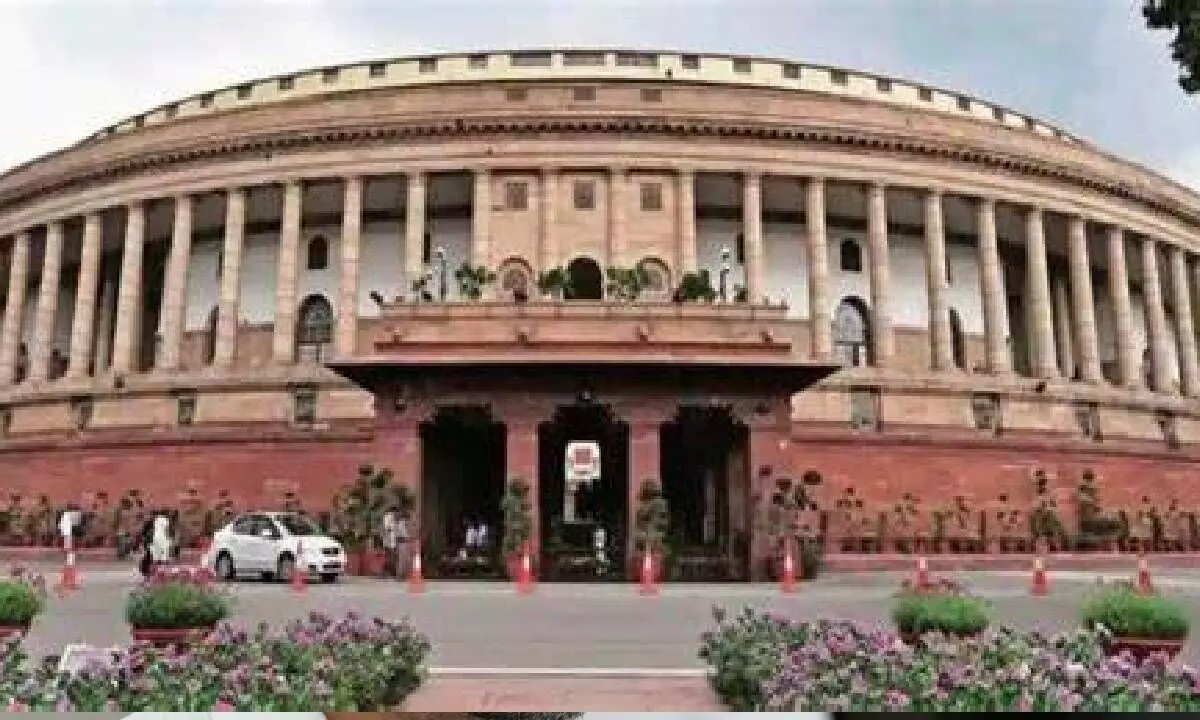Implementation of Jan Vishwas Bill holds the key
image for illustrative purpose

The Rajya Sabha passed the Jan Vishwas (Amendment of Provisions) Bill, 2023, on Wednesday. The government claims that the Bill, which the Lok Sabha had cleared on June 27, “will contribute to rationalizing criminal provisions and ensuring that citizens, businesses and the government departments operate without fear of imprisonment for minor, technical or procedural defaults.” The proposed law stipulates that the nature of penal consequence of an offence should be commensurate with the seriousness of the offence. The proposed amendments ensure, according to the government, adherence to the law by businesses and citizens. These are good principles as their enunciation is easy but the same cannot be said about their execution. This is the reason that we often witness extremes-when laws are not enforced firmly, felony is the consequence, like the manufacture of contaminated cough syrups which were exported to African countries, resulting in dozens of deaths; businesses, especially MSMEs, will have to bear the brunt of ‘inspector Raj.’
It is good that the government is trying to make enforcement effective and un-oppressive at the same time. One reason that the government has come up with the amendments is that the criminal consequences prescribed for technical and procedural lapses and minor defaults end up clogging the justice delivery system. The proposed amendments, the government believes, will save time and costs for all concerned. A characteristic feature of the proposed legislation is that many offences have been made compoundable—that is, imprisonment has been removed, as the violators can get away by paying financial penalties. Another feature pertains to the revision of penalties. It proposes to increase penalties for some offences in Acts specified in the Schedule to the Bill.
There are a couple of issues about the proposed legislation that need to be highlighted. First, the adjudicating officers, who will have a quasi-judicial role, will be appointed by the government. The government has to ensure that they have the judicial competence to adjudicate on the cases referred to them. Second, while compounding of minor offences will make life easier for businesspersons and lessen the burden of the judiciary, the government has to remain mindful of the possibility of unscrupulous entrepreneurs abusing the new regime.
There should be incentives. For instance, it should never be the situation that someone can earn X amount by violating a legal provision, whereas the penalty for the violation is a fraction of X. That will militate against the common law maxim, Nullus Commodum Capere Protect De Injuria Sua Propria—that is, no man can take advantage of their own wrong. Laws being simultaneously firm and mild are not a paradox; they can and must be tough on the dishonest and gentle when it comes to law-abiding citizens. Only such a structure can enhance the ease of doing business. Needless regulations should be removed and the essential ones smoothly implemented. That is the underlying theme of Jan Vishwas amendments.
Their implementation will need a whole-of-government approach. And ‘government’ here means the officials at all levels—Central, state and district. Is the political class ready for that is the million dollar question.

